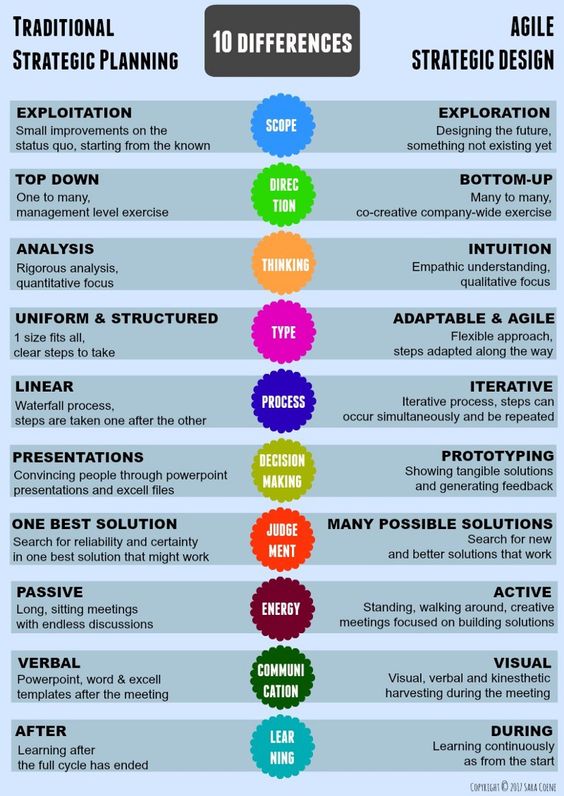Strategic thinking is a crucial skill for success in today’s complex and ever-changing world. However, this skill doesn’t come naturally to everyone, and sometimes it needs to be explicitly taught. As an educator, you have the power to help your students develop this vital skill. In this guide, we’ll provide you with eight effective strategies for teaching strategic thinking, so you can help your students prepare for their future.
What is Strategic Thinking, and Why is it Important?
Before diving into how to teach strategic thinking, it’s essential to understand what it is and why it’s important. Strategic thinking involves the ability to analyze and interpret information, anticipate problems and opportunities, and make well-informed decisions. It’s a vital skill for success in any field, whether it’s business, finance, education, or science. By teaching your students the principles of strategic thinking, you’re helping them develop the critical thinking skills they’ll need to thrive.
Develop a Growth Mindset
To teach strategic thinking effectively, you need to help your students develop a growth mindset. This mindset encourages individuals to embrace challenges, persist in the face of obstacles, and learn from feedback. By emphasizing the importance of effort, practice, and perseverance, you can teach your students that strategic thinking is not innate, but rather a skill that can be developed through hard work and dedication.
Encourage Critical Thinking
Critical thinking is a key component of strategic thinking. Encourage your students to analyze information, evaluate arguments, and consider alternative perspectives. By doing so, they’ll be able to assess situations effectively and develop strategies that lead to successful outcomes.
Teach Decision Making
Successful strategic thinking requires effective decision-making skills. Teach your students to gather and analyze relevant information, consider potential outcomes, and evaluate the pros and cons of each option. By doing so, they’ll be better equipped to make informed decisions that account for all relevant factors.
Promote Creativity and Innovation
Strategic thinking often involves coming up with new and innovative solutions to problems. Encourage your students to think outside the box, consider alternative approaches, and be open to new ideas. By developing creativity and innovation skills, they’ll be better equipped to tackle challenges and seize opportunities.
Practice Scenario Planning
Scenario planning involves anticipating potential problems and developing contingency plans to address them. Teach your students to think through different scenarios, identify potential roadblocks and challenges, and develop contingency plans. This skill will help them anticipate problems and develop effective solutions before problems arise.
Foster Collaboration and Communication
Collaboration and communication are essential for effective strategic thinking. Encourage your students to work in teams, practice active listening, and communicate effectively to build strong relationships with their peers. By working collaboratively and communicating effectively, they’ll be better equipped to develop effective strategies that account for everyone’s perspective.
You might find these FREE courses useful
- Strategic Leadership and Management Capstone
- Top Essentials Of Management And Strategic Planning Courses – Learn Essentials Of Management And Strategic Planning Online
- Strategic Management
- Intro to Strategic Management for Healthcare Organizations
Emphasize Adaptability
Finally, emphasize the importance of adaptability in strategic thinking. Teach your students to be flexible, embrace change, and adjust their strategies as necessary. By doing so, they’ll be better equipped to thrive in today’s fast-changing world.
Conclusion
Teaching strategic thinking is an essential part of preparing your students for success. By emphasizing critical thinking, decision-making, creativity, scenario planning, collaboration, communication, adaptability, and a growth mindset, you can help your students become effective strategists. By teaching strategic thinking, you’re equipping your students with the skills they need to succeed in the future.
